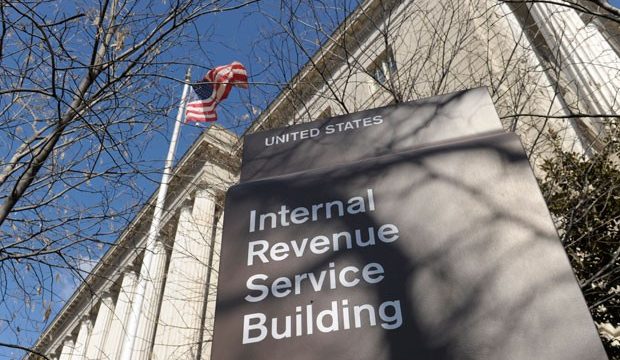IRS Employees: Targeting Conservatives Was Specific Policy Handed Down By Supervisors

Rep. Darrell Issa (R-CA) will begin hearings this week focusing on the corruption at the IRS, and in advance of those hearings he’s released some statements from the depositions taken from IRS employees.
Per the depositions, the targeting of conservatives wasn’t exactly something a few IRS employees took it upon themselves to do in the wake of the Citizens United SCOTUS ruling. It was something they were ordered to do by supervisors.
BOLO, by the way, means “be on the look out.”
And another more senior IRS Cincinnati employee complained about micromanagement from D.C.:
Q: But you specifically recall that the BOLO terms included “Tea Party?”
A: Yes, I do.
Q: And it was your understanding ‑‑ was it your understanding that the purpose of the BOLO was to identify Tea Party groups?
A: That is correct.
Q: Was it your understanding that the purpose of the BOLO was to identify conservative groups?
A: Yes, it was.
Q: Was it your understanding that the purpose of the BOLO was to identify Republican groups?
A: Yes, it was.
At least one IRS employee feels the direction to target conservatives came from Washington DC:
Q: So is it your perspective that ultimately the responsible parties for the decisions that were reported by the IG are not in the Cincinnati office?
A: I don’t know how to answer that question. I mean, from an agent standpoint, we didn’t do anything wrong. We followed directions based on other people telling us what to do.
Q: And you ultimately followed directions from Washington; is that correct?
A: If direction had come down from Washington, yes.
Q: But with respect to the particular scrutiny that was given to Tea Party applications, those directions emanated from Washington; is that right?
A: I believe so.
Backing up the claim that the directive for the targeting came from Washington DC is the fact that many of the cases were sent back to IRS HQ in the nation’s capital:
Q: Okay. Now, was there a point around this time period when [your supervisor] asked you to do a search for similar applications?
A: Yes.
Q: To the best of your recollection, when was this request made?
A: Sometime in early March of 2010.******
Q: Did [your supervisor] give you any indication of the need for the search, any more context?
A: He told me that Washington, D.C., wanted some cases.******
Q: So as of April 2010, these 40 cases were held at that moment in your group; is that right?A: Some were.
Q: How many were held there?
A: Less than 40. Some went to Washington, D.C.
Q: Okay. How many went to Washington, D.C.?
A: I sent seven.
Even worse, the IRS bosses in Washington were apparently requesting specific cases be sent to them:
Q: Did anyone else ever make a request that you send any cases to Washington?
A: [Different IRS employee] wanted to have two cases that she couldn’t ‑‑ Washington, D.C. wanted them, but she couldn’t find the paper. So she requested me, through an email, to find these cases for her and to send them to Washington, D.C.
Q: When was this, what time frame?
A: I don’t recall the time frame, maybe May of 2010.******
Q: But just to be clear, she told you the specific names of these applicants.
A: Yes.
Q: And she told you that Washington, D.C. had requested these two specific applications be sent to D.C.
A: Yes, or parts of them.******
Q: Okay. So she asked you to send particular parts of these applications.
A: Mm‑hmm.
Q: And that was unusual. Did you say that?
A: Yes.
Q: And she indicated that Washington had requested these specific parts of these specific applications; is that right?
A: Correct.
What this all means is that, at least according to the testimony of these IRS employees, the impetus for the targeting and the came from Washington DC, which was also where the results of the targeting was sent.
This wasn’t just some rogue operation at the IRS branch in Cincinnati. This came from DC. The question is, how far up the ladder in Washington DC does it go?







